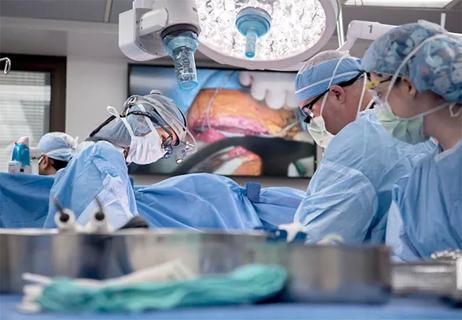
Custom STS risk model improves ability to predict 30-day survival for a growing population
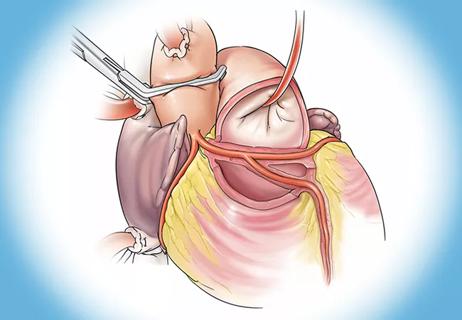
Growing awareness of impact leads to proliferation of procedures
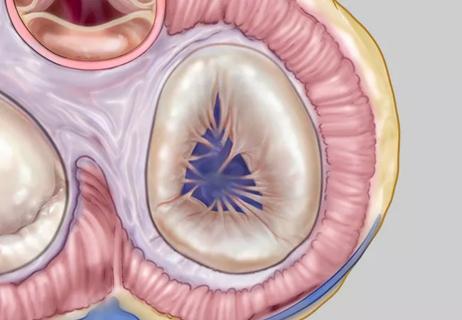
Advanced transcatheter options have expanded patient candidacy
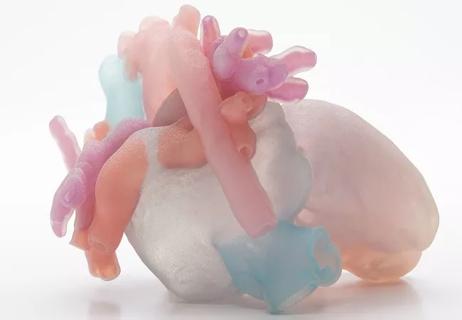
Refinements introduced to Cleveland Clinic-developed approach to a rare defect
Cleveland Clinic is a non-profit academic medical center. Advertising on our site helps support our mission. We do not endorse non-Cleveland Clinic products or services. Policy
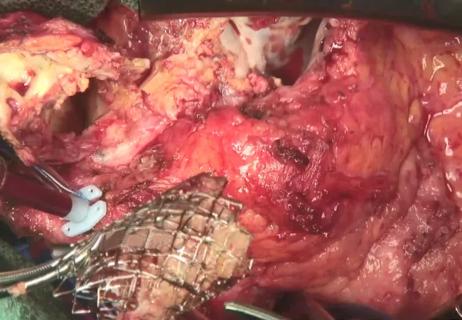
And two case vignettes where some of them come into play
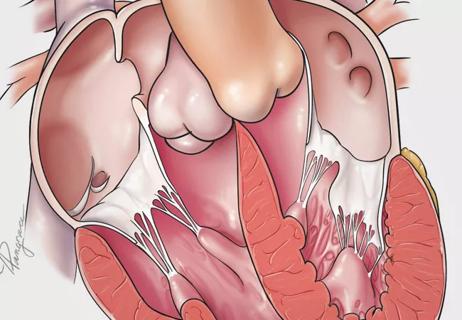
Large Cleveland Clinic series underscores challenges of decision-making for this rare defect